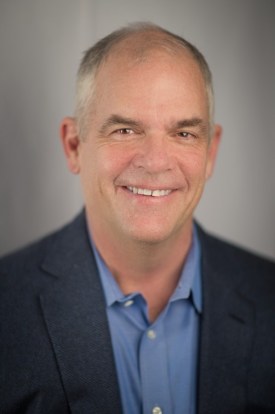Institute for Advanced Study appoints Mark Heising to board of trustees

EE alumnus Mark Heising (M.S. ’83) has been appointed to the board of trustees for The Institute for Advanced Study (IAS). The IAS is one of the world’s leading centers for curiosity-driven basic research and serves as a model for protecting and promoting independent inquiry, prompting the establishment of similar institutes around the world, and underscoring the importance of academic freedom worldwide. Heising is the founder and managing director of Medley Partners, an investment firm based in San Francisco. He previously worked as a chip design engineer and founded VLSI Cores–which designed and licensed cryptographic integrated circuits. He holds six U.S. patents in cryptography, compression, and data communications.